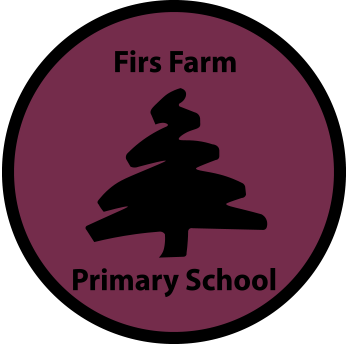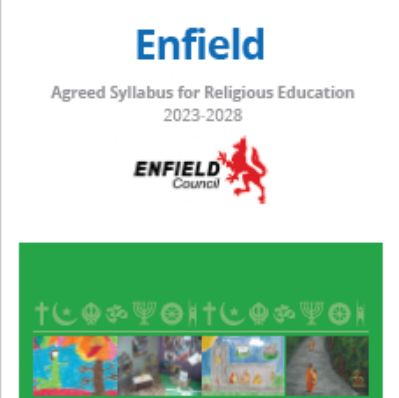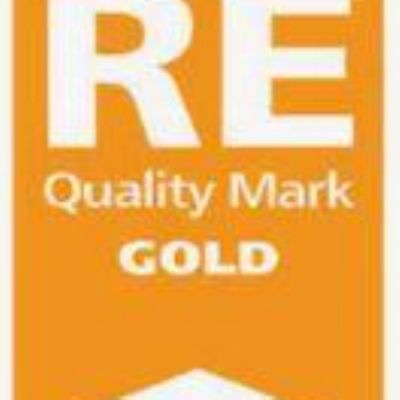Religious Education (RE)
Welcome to Religious Education at Firs Farm Primary School!
The staff work very hard to provide engaging, creative and challenging RE with an enquiry based learning approach, where children have the opportunity to ask deep and meaningful questions in a safe environment. This was confirmed when Firs Farm was the first Primary School in Enfield to be awarded the Religious Education Quality Mark (REQM) at Gold level in July 2014! The award lasted for three years and we managed to achieve the Gold Level REQM once again in July 2017.
At Firs Farm Primary School, RE is taught in accordance with the new Enfield Agreed Syllabus (2023 - 2028), set by the Standing Advisory Council for Religious Education (SACRE). The syllabus sets out clearly the statutory entitlement to RE for pupils in all non-denominational schools in Enfield and is taught using the 'RE Today' scheme of work, also provided by Enfield SACRE), to ensure coverage of the syllabus.
The scheme of work consists of over 40 units, providing the opportunity for pupils to build on their knowledge, skills and religious literacy each year, with each unit falling under one of three strands, covering the following aspects:
Believing: Religious beliefs, teachings, sources; questions of meaning purpose and truth.
Expressing: Religious forms of expression; questions of identity, diversity and belonging.
Living: Practices and ways of living; questions of values and commitments.
Each strand comprises of both systematic (study of individual religions) and thematic units (where religions are compared).
The RE curriculum predominantly explores Christianity and the other Abrahamic faiths, Judaism and Islam. Children also learn about three Dharmic faiths, namely Buddhism, Hinduism and Sikhism. In addition to this, we teach Alevism and as an introduction to non-religious worldviews, children learn about Humanism.
Trips are highly valuable educational experiences. At Firs Farm, we believe that RE learning goes beyond the school gates. Visits to places of worship, RE experiences and visitors to the classroom, all provide an opportunity for experiential learning and enrich pupils’ learning by consolidating and extending learning inside the classroom, bringing alive stories and providing cultural experiences, all whilst contributing to children's cultural capital.
Find out more by exploring the links below (some photos taken from the previous syllabus).
- What makes Firs Farm a GOLD RE Quality Mark School?
- Spiritual, Moral, Social and Cultural Development at Firs Farm
- Celebrating the Christian Harvest Festival
- Learning about Diwali, the Hindu Festival of Light
- Learning about Hanukkah, the Jewish Festival of Light and the Miracle of Oil
- Cross-curricular links in Religious Education
- RE beyond the schools gates - Trips and Visitors!
- Trialling new projects!



